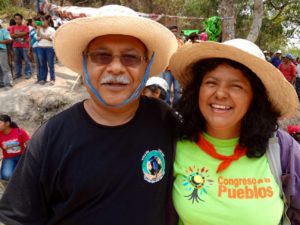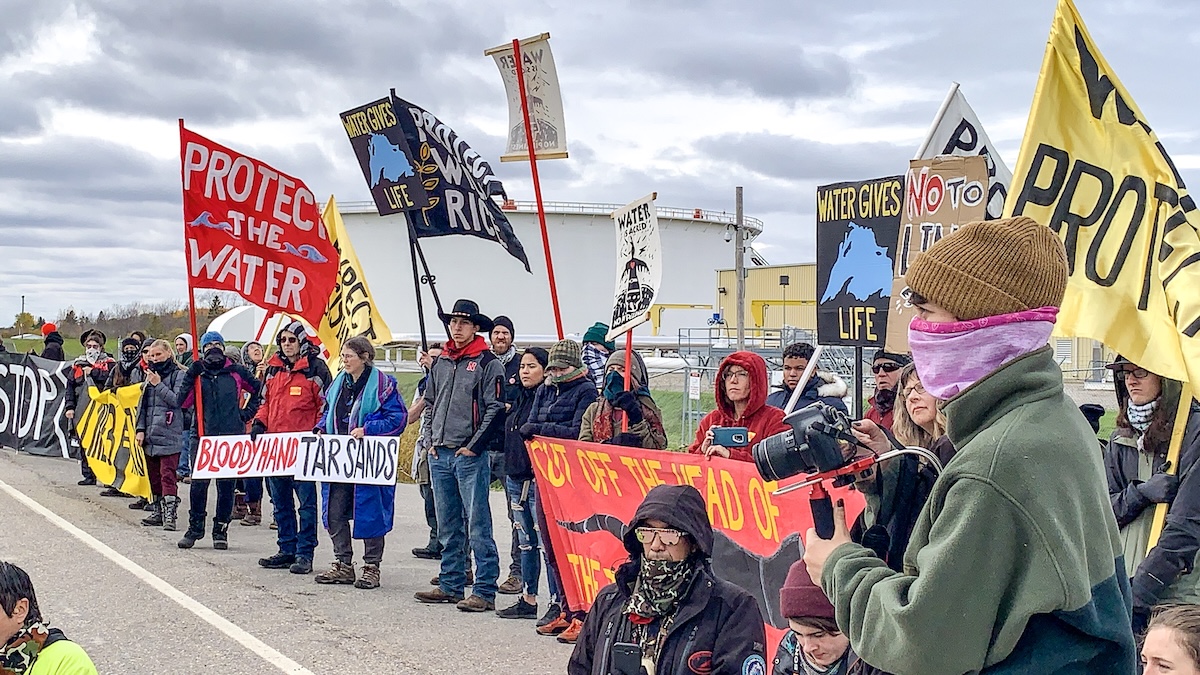
Click here to find your representative’s telephone number (script to read for the call is directly below).
Please call your Representative NOW! If your Representative has not yet signed, please call them and ask them to add their support as a sponsor of the bill HR 1945 – the Berta Cáceres Human Rights Act !
Script: “My name is _____. I am a constituent from (your town/city) in (your state). I am calling to ask Rep. _____ to co-sponsor H.R. 1945, The Berta Cáceres Human Rights in Honduras Act, calling for the suspension of U.S. security aid to Honduras until human rights violations committed by the Honduran security forces cease. Has Rep. _______ seen this bill? Can I count on him/her to sign on? Please call me this week at (_your phone number_) to let me know if you have seen the letter, and if Rep. _____ will sign it.”
The Berta Cáceres Human Rights Act was originally introduced in 2016 by Rep. Hank Johnson (D-GA) who was its major sponsor. At that time, House leadership (Paul Ryan and company) were slow to let it advance, and it had not reached a vote by the time the Congressional session ended. The new House elected in 2018 under new leadership is another opportunity to pass the Act. Rep. Johnson has re-introduced the Berta Cáceres Human Rights in Honduras Act in the current U.S. House under the number HR 1945. Rep. Johnson has become a major leader in the House in support of human rights in Honduras. He deserves thanks and encouragement.
HR 1945 needs other co-sponsors in the House. Call or write your Representative and tell them to support HR1945, the Berta Cáceres Human Rights in Honduras Act. One more small but important step toward taking back our own country and acknowledging our community with others on this planet.
Thanks.
Please read:
- Honduras continues to have the highest rate in the world of murders of women (femicide) and is considered among the most dangerous countries for human rights leaders, environmental activists, and journalists.
- There has recently been an escalation of repression against protests, in particular the increasing use of live ammunition by security forces during large protests. For example, on April 30 an armed plainclothes security operative fired on protesting teachers, health workers and students in the streets of Tegucigalpa. A teacher was wounded seriously.
- Another example on April 11, 2019, 17 year old Wilfredo de Jesus Moncada was killed when he was shot in the head by uniformed police during a protest in Choluteca, Honduras. The police attacked and tear gassed his funeral march two days later. The Honduran security forces receive aid from the U.S. which has been used in such ongoing incidents of repression.
- Indigenous environmentalists continue to be targeted for threats and assassination, including members of COPINH the Lenca Indigenous organization whose leader, Berta Cáceres. was murdered by military and construction company employees for leading the defense of a sacred river against dam construction. This is of particular concern also because of the impunity involved, since her killers still have not been fully brought to justice and their cases continue without final conclusion. Cáceres was an internationally recognized Indigenous environmental activist.
- There have been recent death threats and violence against Rosalina Dominguez of the indigenous Lenca organization COPINH. Since April 29 Rosalina and other members of COPINH have been repeatedly threatened and attacked by men armed with guns, and machetes because COPINH has demanded that there be an investigation and action to protect their members (those demands have gone unanswered).
- There has been ongoing judicial harassment, threats, multiple detentions, of Miriam Miranda, leader of the Black Fraternal Organization of Honduras (OFRANEH). This escalated again in March 2019. She and OFRANEH have been trying to defend the lands and communities of the Garifuna Indigenous people in northern Honduras against foreign tourist developments and large agricultural enterprises that wants the area and are trying to evict the people through threats and attempts to criminalize defenders like Miranda.
- And so on. These are not isolated incidents but a small part of a widespread and ongoing repression of people trying to protect their most basic rights.


